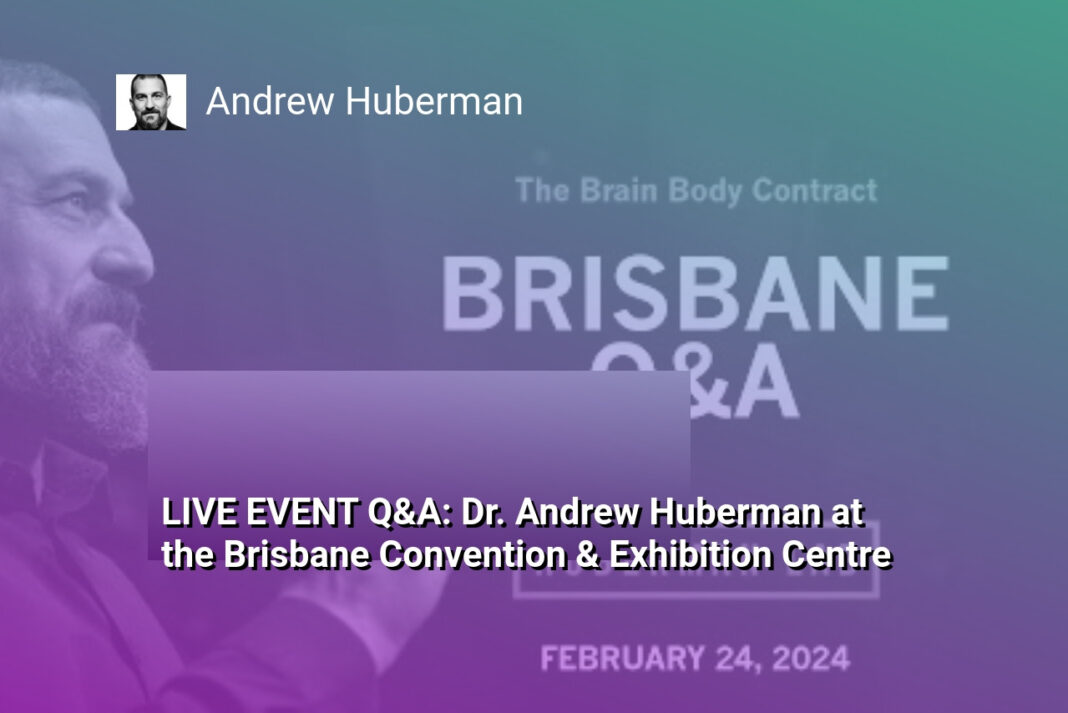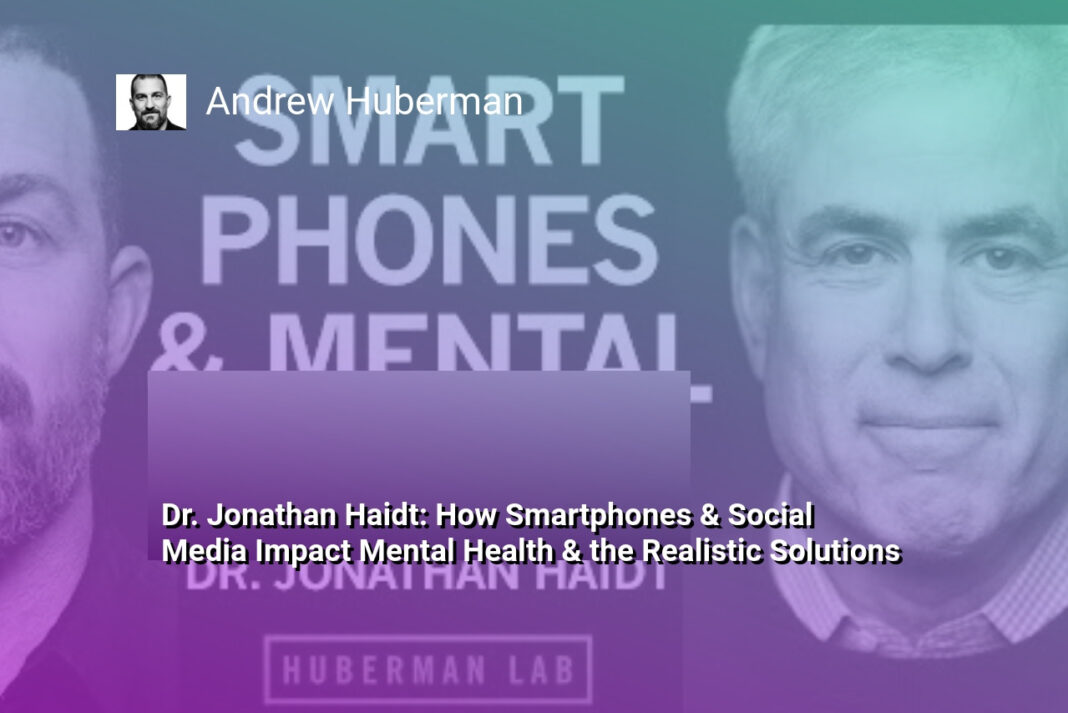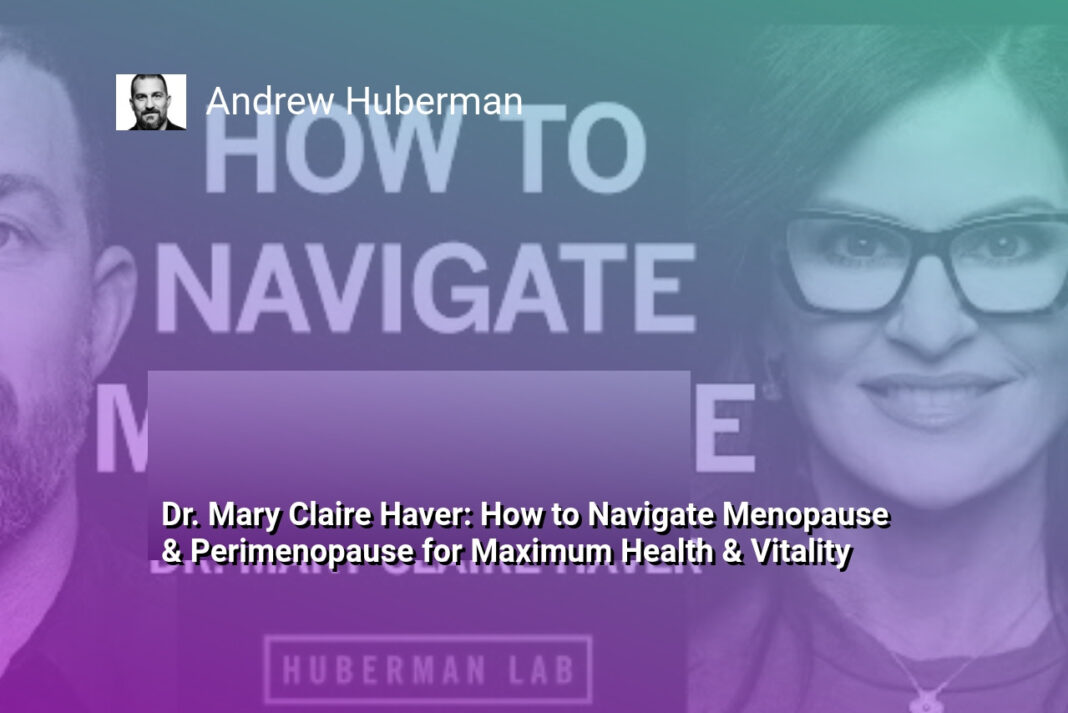The Bottom Line:
- The Huberman Lab podcast hosted a live event in Brisbane, Australia called “The Brain-Body Contract” featuring a lecture and Q&A session.
- The event was sponsored by 8 Sleep, which makes smart mattress covers to help control body temperature for better sleep, and AG1, a vitamin and mineral supplement drink.
- Nicotine can enhance focus and cognitive performance, but it also raises blood pressure and causes vasoconstriction, so it’s important to weigh the pros and cons.
- For managing ADHD, a combination of behavioral, nutritional, supplement-based, and prescription tools can be effective, and it’s worth considering all of these options.
- The Huberman Lab podcast has covered ADHD in depth, with one episode focusing on non-medication approaches and another on prescription medications like stimulants.
Welcome to the Huberman Lab Podcast
Unlocking the Secrets of the Huberman Lab Podcast: Exploring Science-Based Tools for Everyday Life
Discovering the Huberman Lab Podcast: Your Gateway to Science-Backed Insights
The Huberman Lab Podcast is a captivating exploration of science-based tools and strategies that can enhance our everyday lives. Hosted by Andrew Huberman, a renowned professor of neurobiology and ophthalmology at the Stanford School of Medicine, this podcast delves into a wide range of topics, from sleep optimization and cognitive enhancement to the science behind emotional regulation and physical performance.
Empowering Listeners with Evidence-Based Insights
Each episode of the Huberman Lab Podcast is a treasure trove of information, meticulously curated and presented in a manner that is both engaging and accessible. Huberman’s expertise, combined with his ability to translate complex scientific concepts into practical, actionable advice, makes this podcast a must-listen for anyone seeking to unlock the secrets of human physiology and psychology.
Whether you’re interested in improving your sleep quality, boosting your mental focus, or understanding the intricacies of the brain-body connection, the Huberman Lab Podcast offers a wealth of science-backed insights that can empower you to take control of your health and well-being. With each episode, Huberman delves into the latest research, sharing cutting-edge discoveries and practical strategies that can be seamlessly integrated into your daily life.
Exploring the Brain-Body Connection
The Power of Mindfulness: Harnessing the Brain-Body Connection
The human body and the brain are intricately connected, and understanding this connection is crucial for unlocking the secrets of optimal health and well-being. The Huberman Lab Podcast delves into the fascinating world of the brain-body relationship, exploring how our thoughts, emotions, and physical experiences can profoundly influence one another.
Unlocking the Mysteries of the Autonomic Nervous System
One of the key areas explored in the podcast is the autonomic nervous system, which governs the involuntary functions of the body, such as heart rate, breathing, and digestion. By understanding the interplay between the sympathetic and parasympathetic branches of this system, we can learn to harness the power of the brain-body connection to enhance our overall well-being.
The Transformative Power of Breath Work
The podcast also highlights the transformative power of breath work, demonstrating how conscious control of our breathing can have a direct impact on our physiological and psychological states. By learning techniques to regulate our breath, we can tap into the inherent wisdom of the body, reducing stress, improving focus, and even enhancing athletic performance.
Through the insights shared on the Huberman Lab Podcast, listeners gain a deeper understanding of the intricate web of connections between the brain and the body. By embracing this knowledge and incorporating science-based tools into their daily lives, individuals can unlock the secrets to greater resilience, improved mental health, and a heightened sense of overall well-being.
Sponsors: Eight Sleep and AG1
Harnessing the Power of Cutting-Edge Sleep and Nutrition Solutions
Eight Sleep and AG1 are two innovative companies that have partnered with the Huberman Lab Podcast to provide science-backed tools for improving sleep, cognitive function, and overall well-being. These sponsors are at the forefront of their respective industries, offering solutions that can have a profound impact on everyday life.
Eight Sleep: Revolutionizing Sleep Quality
Eight Sleep is a pioneering company that has developed a smart mattress cover with advanced cooling, heating, and sleep tracking capabilities. As Dr. Huberman has emphasized, sleep is the foundation for mental and physical health, and controlling the temperature of your sleeping environment is crucial for achieving optimal sleep quality.
The Eight Sleep Pod 4 Ultra cover takes this to the next level, offering improved cooling and heating, higher-fidelity sleep tracking, and even snoring detection that can automatically adjust the head position to improve airflow and reduce snoring. By using the Eight Sleep cover, individuals can ensure that their body temperature drops and rises at the right times, leading to deeper, more restorative sleep and a more energized wake-up.
Dr. Huberman has been using the Eight Sleep cover for years and has experienced the transformative effects it can have on sleep quality. He highly recommends the Eight Sleep Pod 4 Ultra to anyone seeking to optimize their sleep and overall well-being.
AG1: Comprehensive Nutritional Support
The other sponsor, AG1, is a comprehensive vitamin, mineral, and adaptogen-rich drink that Dr. Huberman has been taking daily since 2012. Even with a focus on whole, unprocessed foods, it can be challenging to consistently obtain all the necessary nutrients, especially when traveling or during busy periods. AG1 provides a convenient way to ensure that the body and brain receive the foundational support they need.
The formula includes a wide range of vitamins, minerals, and adaptogens that work together to support gut health, immune function, and overall cognitive and physical performance. Dr. Huberman has found that regularly incorporating AG1 into his routine helps him feel better and perform at his best, regardless of his schedule or dietary constraints.
By offering a special promotion, AG1 makes it easy for listeners to try this comprehensive nutritional supplement and experience the benefits for themselves. With the added bonus of a year’s supply of vitamin D3 and K2, AG1 provides a comprehensive solution for those seeking to optimize their health and well-being.
Nicotine: Cognitive Enhancer or Health Risk?
Harnessing the Cognitive Benefits of Nicotine
Nicotine, a compound found in tobacco and other plants, has long been a subject of debate regarding its effects on cognitive function and health. While the consumption of nicotine through smoking or vaping is widely recognized as a significant health risk, the cognitive-enhancing properties of nicotine have also been the focus of scientific research.
Nicotine and Cognitive Performance
Numerous studies have demonstrated that nicotine can improve various aspects of cognitive function, including attention, focus, and learning. This effect is attributed to nicotine’s ability to bind to specific receptors in the brain, known as nicotinic acetylcholine receptors, which play a crucial role in regulating neurotransmitter systems involved in cognitive processes. By activating these receptors, nicotine can enhance the release of neurotransmitters like dopamine and norepinephrine, leading to improved cognitive performance.
Nicotine and Neurological Diseases
Interestingly, the cognitive-enhancing effects of nicotine have also been explored in the context of certain neurological diseases, such as Parkinson’s and Alzheimer’s. Some research suggests that nicotine may have the potential to offset the cognitive decline associated with these conditions by maintaining dopaminergic neurons and increasing acetylcholine activation. However, the use of nicotine as a therapeutic intervention for these diseases remains a complex and controversial topic, requiring further research and careful consideration of the potential risks and benefits.
It is important to note that the cognitive benefits of nicotine come with significant health risks, particularly when consumed through traditional methods like smoking or vaping. The carcinogenic and cardiovascular effects of nicotine consumption are well-documented, and the potential for addiction and dependence must also be taken into account.
As with any cognitive-enhancing substance, the decision to use nicotine should be made with a thorough understanding of the potential risks and benefits, and in consultation with healthcare professionals. Individuals, especially young people, are generally advised to avoid nicotine consumption altogether, as the long-term consequences on brain development and overall health can be severe.
Effective Strategies for Managing ADHD
Harnessing Mindfulness and Cognitive Strategies
Effective management of ADHD often involves a multifaceted approach, including the integration of mindfulness-based techniques. Mindfulness practices, such as meditation and deep breathing exercises, can help individuals with ADHD improve their ability to focus, regulate their emotions, and reduce impulsivity. By cultivating a greater awareness of the present moment, individuals can learn to recognize and interrupt unhelpful thought patterns, ultimately enhancing their cognitive control and decision-making abilities.
Leveraging Exercise and Lifestyle Modifications
Regular physical activity has been shown to have a positive impact on ADHD symptoms. Engaging in aerobic exercise, such as running, cycling, or swimming, can help increase dopamine and norepinephrine levels in the brain, which are often imbalanced in individuals with ADHD. Additionally, incorporating lifestyle changes, such as maintaining a consistent sleep schedule, limiting screen time, and incorporating relaxation techniques, can contribute to better overall functioning and well-being.
Optimizing Nutrition and Supplementation
Dietary modifications and targeted supplementation can also play a significant role in managing ADHD. Ensuring a balanced diet rich in whole, nutrient-dense foods can help provide the necessary building blocks for brain function. Supplements, such as omega-3 fatty acids, zinc, and magnesium, have been studied for their potential to alleviate ADHD symptoms by supporting neurotransmitter regulation and brain health. Consulting with a healthcare professional can help individuals develop a personalized nutrition and supplementation plan to address their specific needs.
By incorporating a combination of mindfulness-based strategies, exercise and lifestyle modifications, and optimized nutrition and supplementation, individuals with ADHD can unlock a powerful toolkit for managing their symptoms and improving their overall quality of life. These evidence-based approaches, when implemented consistently, can help individuals with ADHD thrive and achieve their full potential.





